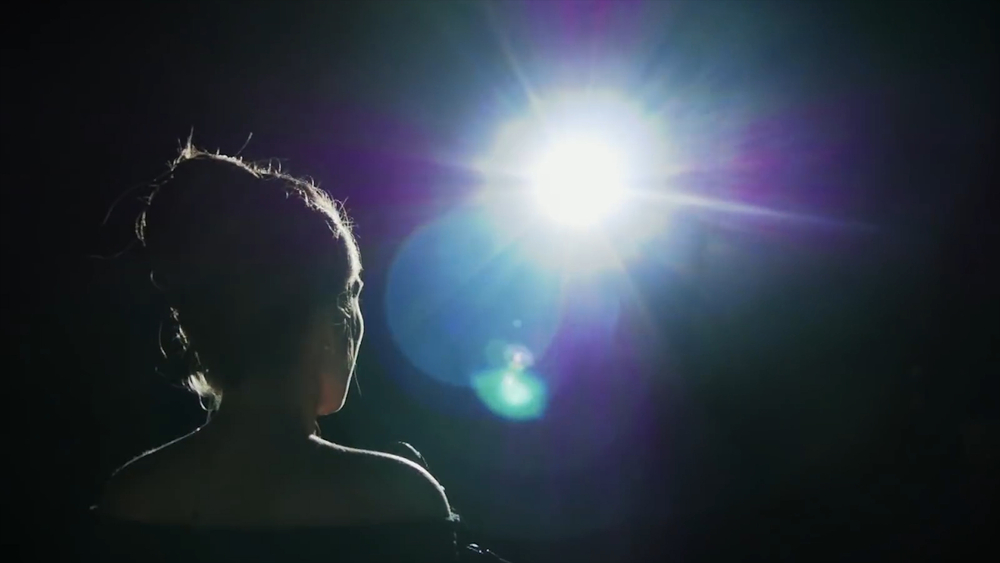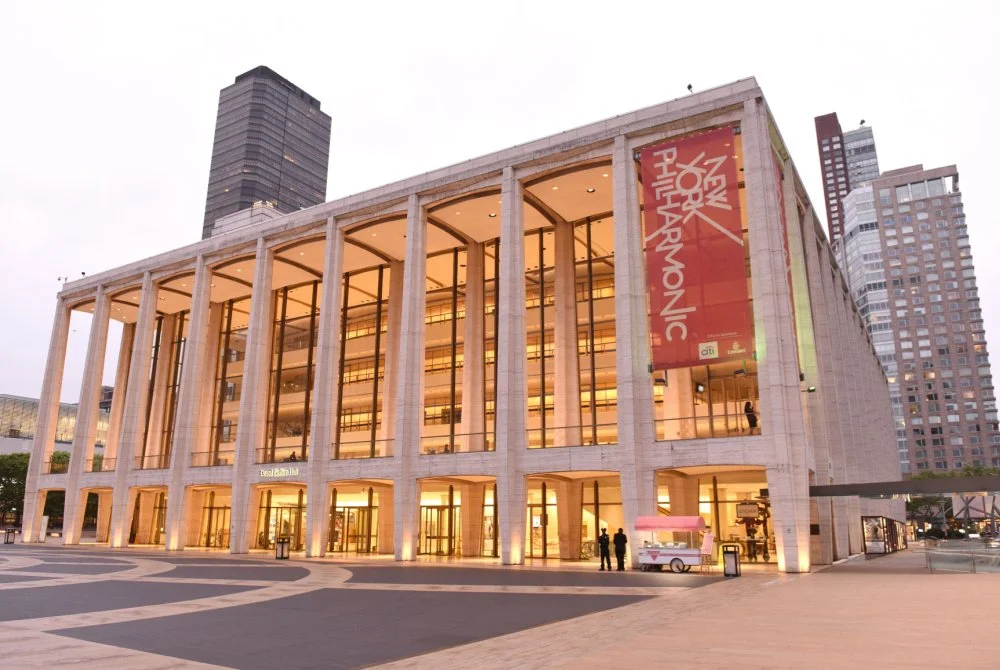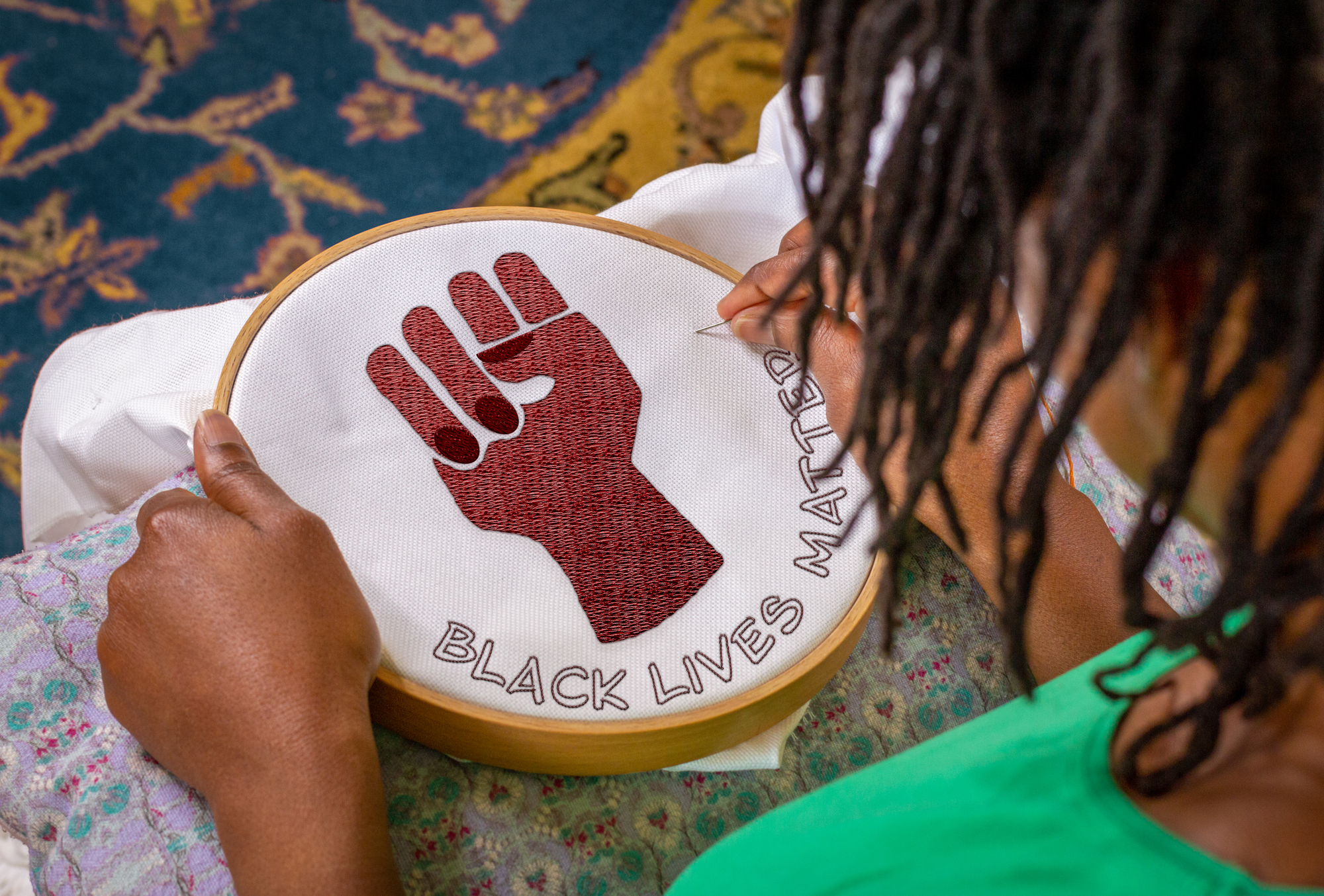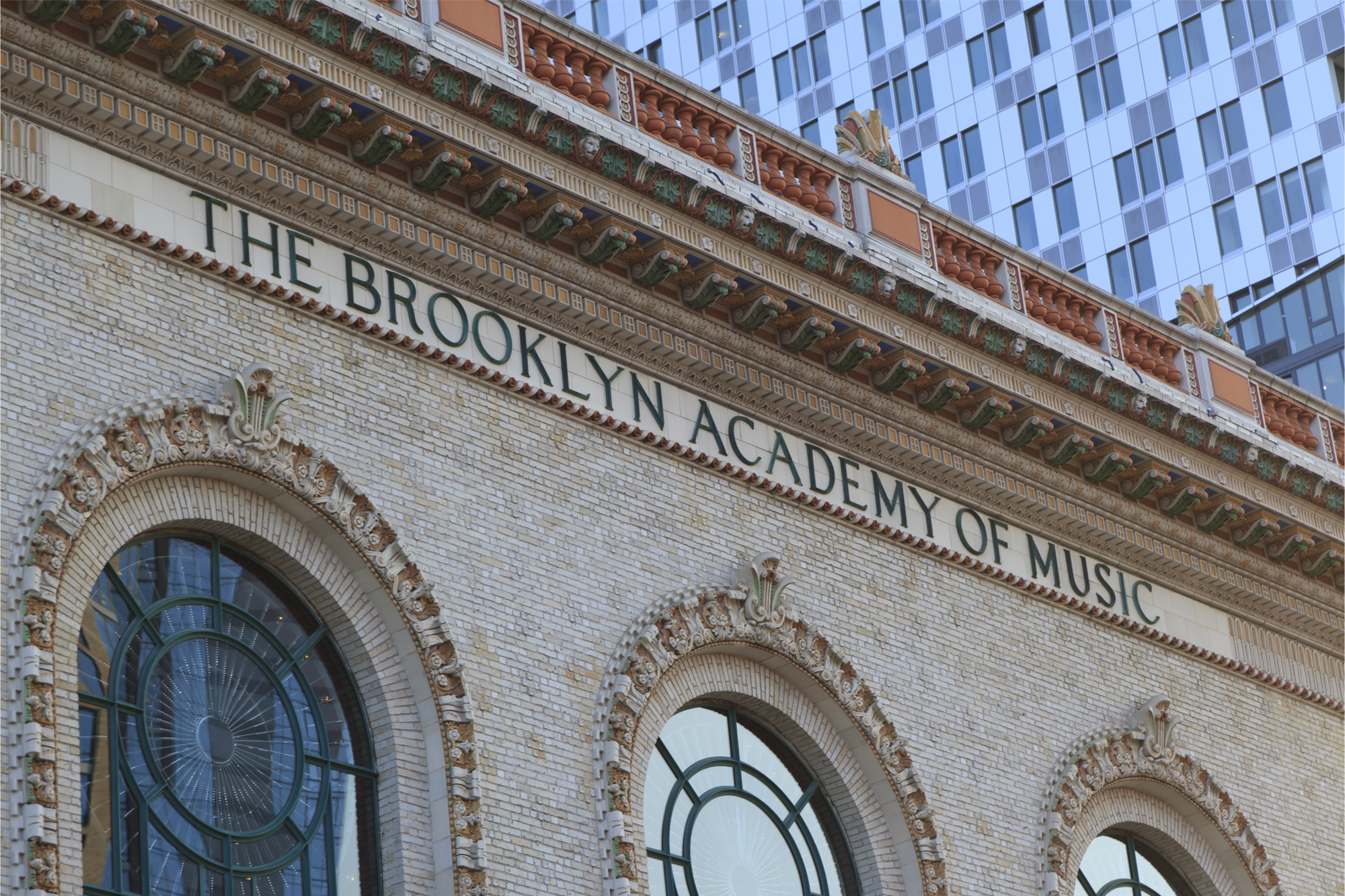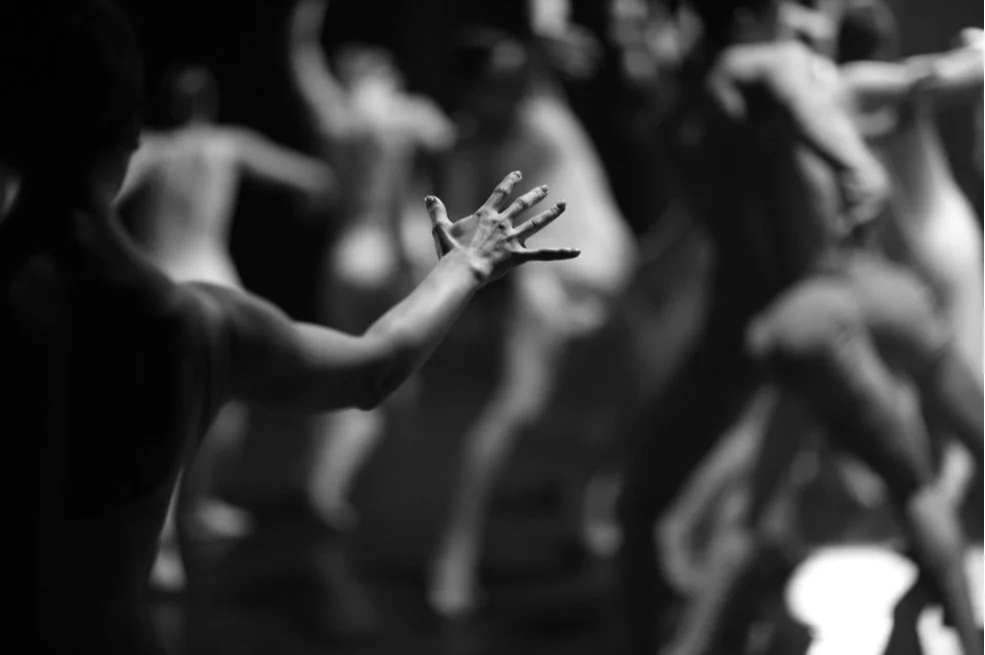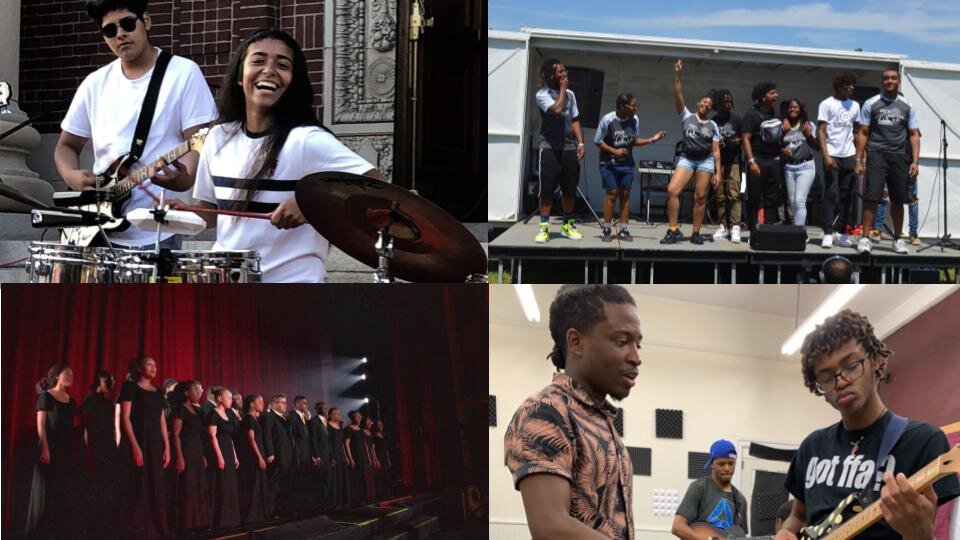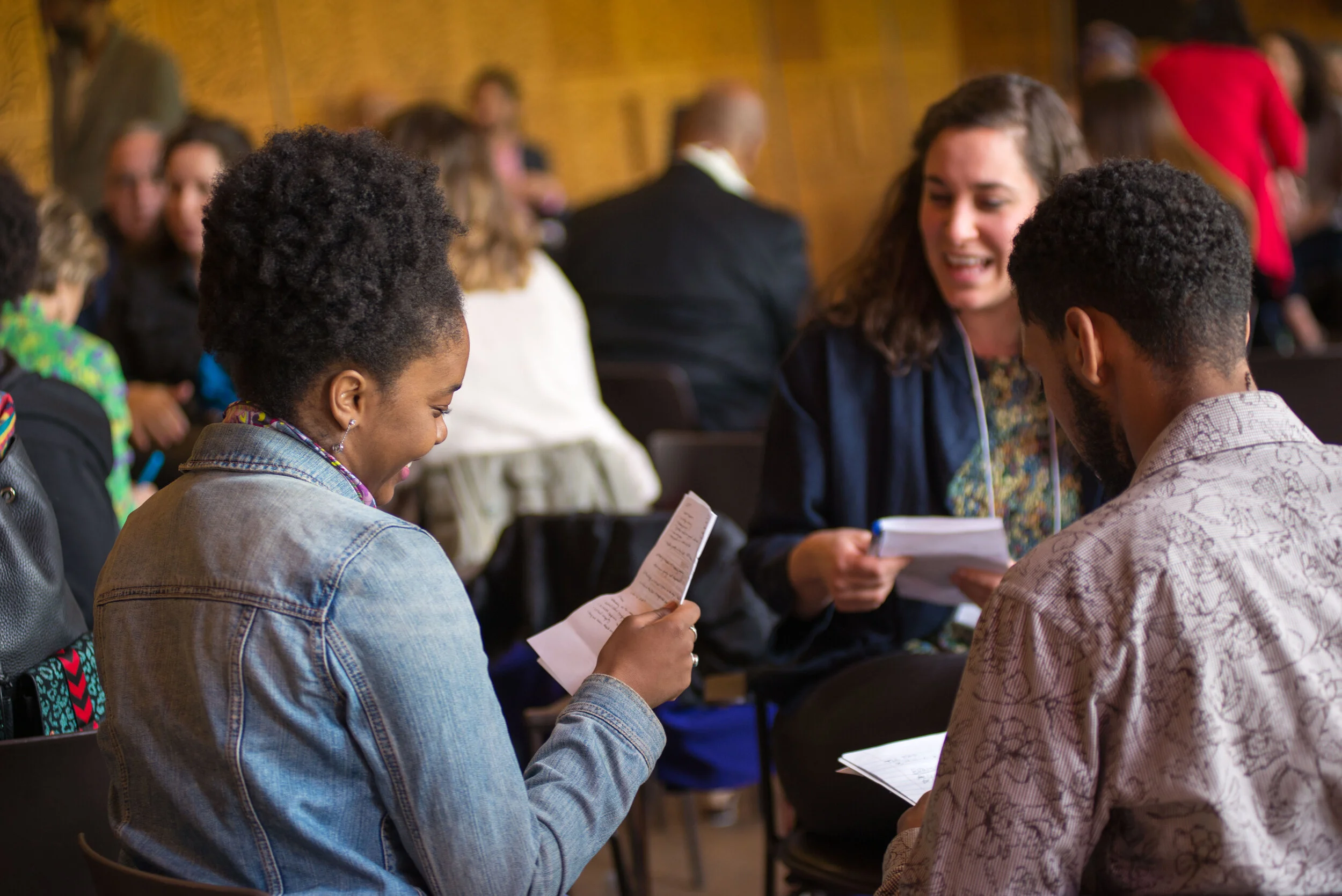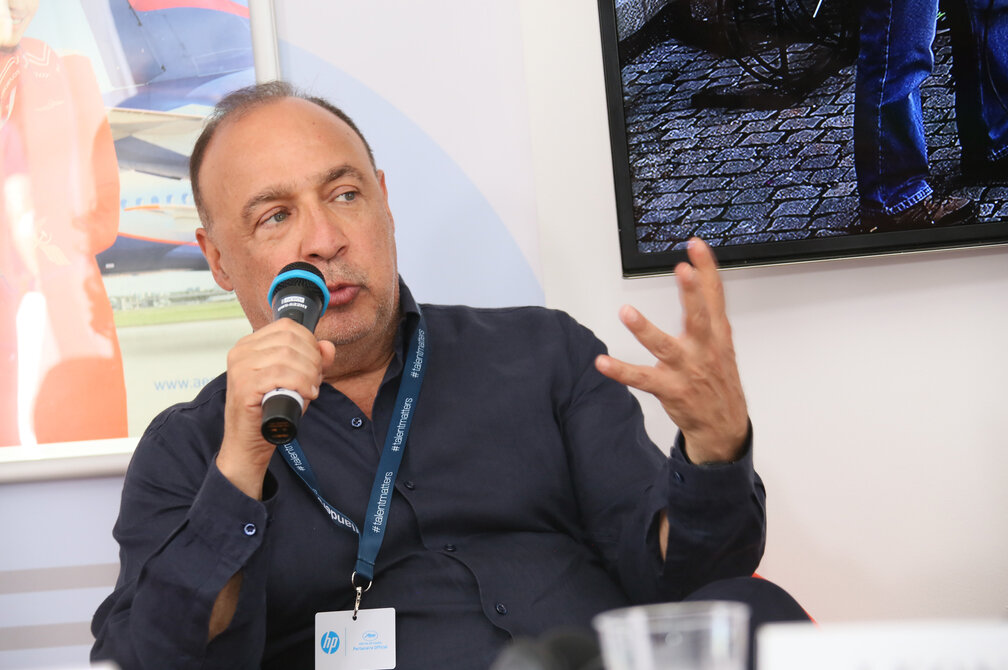High Note: The Logic of a Historic Gift for Regional Opera
/photo: Media Whalestock/shutterstock
Zoom in on the performing arts giving space—and the field of opera in particular—and two trends emerge.
First, we’re seeing donors cultivating vibrant opera ecosystems far from the familiar center of gravity, namely, New York City. This development goes hand-in-hand with the surge in regional philanthropy driven by a strong economy and stock market, plus the demographic reality that there are more wealthy alumni scattered across the country than ever before.
Second, funders are pushing for a more accessible and democratic “highbrow” arts experience. Rightly or wrongly, the general public typically views opera, in particular, as elitist and impenetrable. Funders want to change that.
To see how the first trend informs the second, let’s turn our attention to Baton Rouge, Louisiana, where John Turner and Jerry Fischer made a $4 million gift to the Louisiana State University College of Music & Dramatic Arts.
The gift, according to LSU, will provide “flexibility to respond to LSU artists’ evolving needs by providing unrestricted, endowed support to LSU Opera and renovating the college’s most-used performance space.” Established in 1931, LSU Opera was one of the first major opera programs at an American university.
The gift is the largest in the College of Music & Dramatic Arts’ history.
Turner, a lifelong resident of Baton Rouge, and Fischer, an LSU alumnus, have given extensively to LSU for decades—LSU lists no less than nine recipient colleges and related foundations. Within LSU’s College of Music & Dramatics Arts alone, they have made gifts to 20 initiatives and created several funds earmarked to LSU Opera, including an endowed scholarship, a fellowship, a support fund for productions, and a general endowment.
The duo’s passion also extends beyond Louisiana. According to LSU, they have provided support to the Houston Grand Opera and programs in Santa Fe, New York, Germany, and London.
In other words, Turner and Fischer are the quintessential regional donors putting their hometown universities on the national and international performing arts map.
Which brings me to the second trend coursing through the performing arts world, and the field of opera in particular. It can be summed up in one word: accessibility.
Dr. Dorian Burton, assistant executive director of the North Carolina-based William R. Kenan, Jr. Charitable Trust, summed up the zeitgeist accordingly: “Philanthropic efforts in the arts must make a fundamental shift from charitable gifts that exclude to justice-oriented giving that creates equitable access for all.”
This challenge is particularly acute for opera troupes constantly battling the perception that the form is out of reach, both intellectually and financially, for the average person.
On the institutional side of the equation, the Andrew W. Mellon Foundation has taken a lead in tackling this challenge, supporting organizations like the Minnesota Opera's New Works Initiative for "invigorating the operatic art form with an infusion of contemporary works” and the Cleveland Orchestra for its bold programming and international partnerships. I suspect that Mellon would find a lot to like with LSU’s approach.
Scan the College of Music & Dramatic Arts’ fall programming guide and you’ll see two opera performances. The first, Tchaikovsky’s Eugene Onegin, will undoubtedly satisfy purists. The second, Leonard Bernstein’s Trouble and Tahiti, is a 20th century classic.
It’s also worth noting that “accessibility” entails an element of quantity—the more performances, the logic goes, the more access the public has to the performing arts. The LSU School of Music Recital Hall doesn’t disappoint in this regard, hosting more than 300 performances annually, including theater, music ensembles, and a string quartet series.
“The LSU School of Music,” said Turner and Fischer, “is highly regarded for its excellence, and for being home to one of the first university opera programs in the country. As passionate supporters of the arts, we look forward to personally experiencing the impact this gift will have on the development of student artists and the performances they contribute locally and to the world.”

